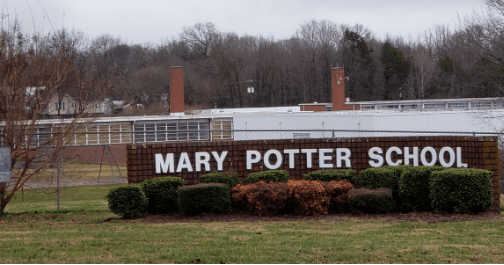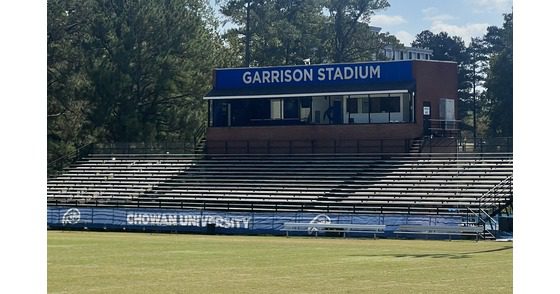The Masonic Home for Children in Oxford has a long history of providing for children who, for reasons beyond their control, need a place to live. And although things have evolved over the years, Administrator Kevin Otis said the MHCO mission remains the same, some 150 years after the orphanage was established.
Otis was on Thursday’s Town Talk with host John C. Rose and discussed a bit of the past, its relationship with nearby Central Children’s Home and what he hopes is in store for the future.
Both orphanages are recipients of a current donation drive, the idea of Alyssa Blair, an employee with the City of Oxford. Donations selected from a wish list may be dropped off at the City of Oxford offices, 300 Williamsboro St., Oxford through March 24, Otis said.
Household items like batteries and flashlights, dish towels and bath towels, as well as supplies for school or office would all be appreciated, he said. “If we get a box of pens donated, then we don’t have to buy a box of pens,” he said.
Any items that families seem to need to function properly would be useful. “We really go through that stuff” in the cottages, he said.
Currently, there are 37 children residing at MHCO. Stricter licensing regulations for staffing ratios make it more difficult to offer space to more children. The children live, family-style, not in dormitories as of old, but in cottages with two house parents.
For full audio click play…story continues below.
The campus, located at 600 College Street, has buildings that are occupied by other agencies that serve the community, and Otis is proud of the community partnerships that have developed over the years. For instance, Smart Start has a satellite office on campus, and there are Boy Scout and Girl Scout troops, too. He hopes a popular karate class can crank back up when COVID-19 restrictions loosen. And a plan is in the works to provide some additional services to those who live off campus, but said details have to be sorted out before any announcement is made.
Otis speculated that COVID-19 may play a role in the lower numbers of residents. “Families aren’t comfortable (with their children) being in congregate care. He said he hopes that a boost in marketing will reach families who need help. Older children could also be a part of the independent living program.
Further complicating the placement process is the requirement to quarantine for 14 days upon taking up residence at the orphanage, he said.
Admissions, or placements, is but a part of the job of MHCO administrator, Otis said. “It means you wear every hat,” he said. “You are the person communicating with the board, vetting ideas, getting their feedback of what are best practices and best business practices and then going ahead and making sure that we conform to those by policies and procedures,” he said. It involves fundraising, going out and doing presentations…and dealing with incidents that may arise,” he continued.
Being the administrator also involves, however “getting the pats on the back for the wonderful things that your staff has done,” Otis said. One initiative comes as a result of a grant from Triangle North Healthcare to train staff on the trauma-informed model of care through Cornell University. The practices included in this particular model of care “will help all of our staff, even maintenance and print shop people, understand better the traumatic situations that kids go through,” he said. It will provide a kind of comfort level for children who have been in traumatic situations, which helps them become more successful.
Otis said a strategic planning session is scheduled for March for the board, as well as some MHCO employees and other invitees. He hopes that this session will solidify a strong marketing plan for the next four years and beyond. The ultimate goal, he said, is to market the home, increase the number of children in residence and make sure the programs are delivered using best practices.
To learn more, please visit mhc-oxford.org, phone 919.693.5111 or send Otis an email at kotis@mhc-oxford.org


















